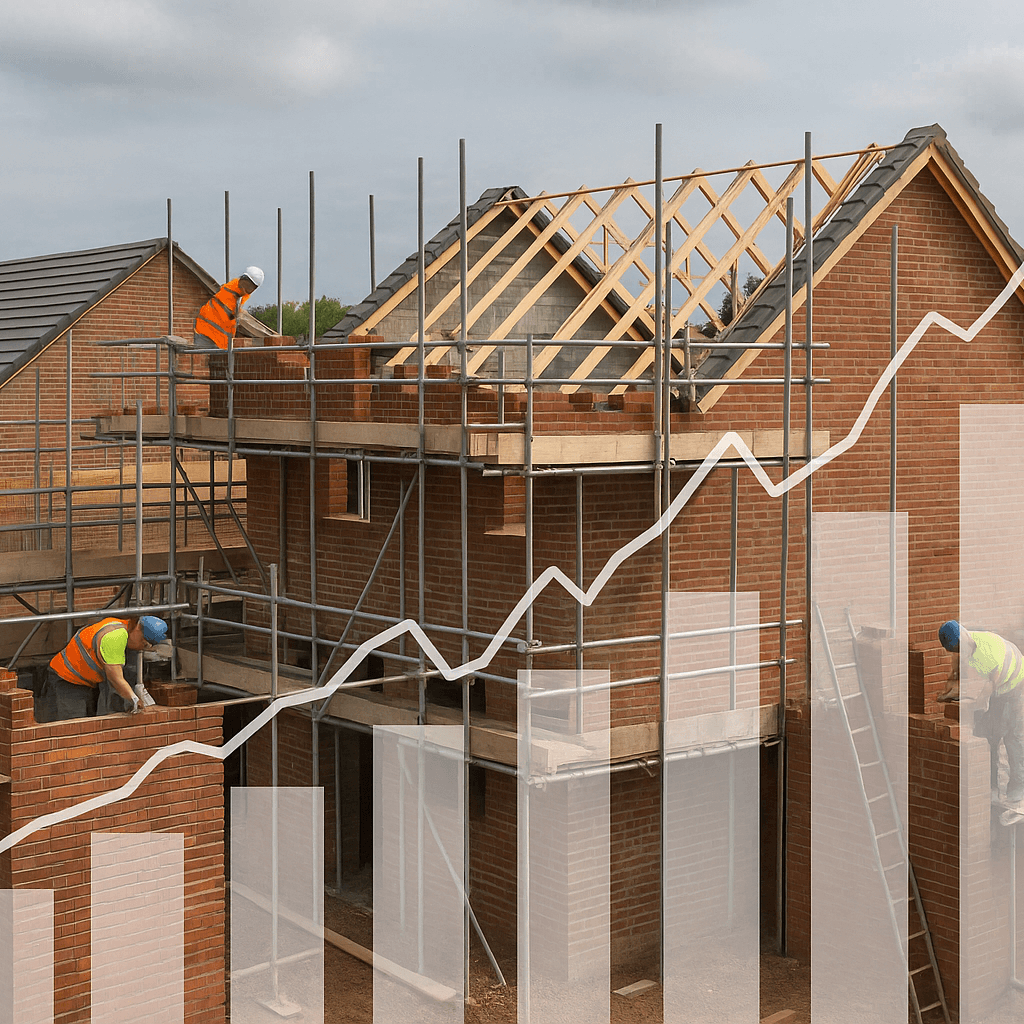Material costs in the construction industry refer to the expenses incurred for purchasing the raw materials and components needed to complete a construction project. These costs cover everything from concrete, steel, and lumber to fixtures and finishes. Material costs can fluctuate significantly based on market demand, supply chain issues, and the quality of materials chosen.
Key Components:
- Raw Materials: Costs for fundamental construction materials such as concrete, steel, lumber, bricks, and cement.
- Fixtures and Finishes: Expenses for fixtures, fittings, and finishes, including plumbing fixtures, electrical components, tiles, and paint.
- Specialty Materials: Costs for materials required for specific project requirements, such as insulation, roofing materials, and cladding.
- Transportation and Delivery: Expenses related to the transportation and delivery of materials to the construction site.
- Waste and Overages: Costs associated with material wastage, overages, and any additional materials needed due to errors or changes in project scope.
Factors Influencing Material Costs:
- Market Demand: High demand can drive up prices for certain materials.
- Supply Chain Issues: Disruptions in the supply chain can lead to material shortages and increased costs.
- Quality of Materials: Higher-quality materials typically cost more but may offer better durability and performance.
- Geographical Location: Costs can vary based on the location of the project and proximity to material suppliers.
Benefits:
- Accurate Budgeting: Accurate estimation of material costs is crucial for creating a realistic project budget.
- Financial Planning: Helps in financial planning and securing necessary funding for the project.
- Cost Control: Effective management of material costs can lead to significant savings and improved project profitability.
- Resource Allocation: Ensures the appropriate allocation and procurement of materials needed for project completion.
Process:
- Material Takeoff: Conduct a detailed quantity takeoff to determine the exact amounts of each material needed.
- Cost Estimation: Estimate the costs for each material based on current market prices and historical data.
- Budget Allocation: Allocate budget for material costs within the overall project budget.
- Procurement Planning: Develop a procurement plan to source materials cost-effectively and timely.
- Monitoring and Adjustment: Continuously monitor material costs and adjust the budget as necessary to account for fluctuations and changes in project scope.
Applications in Construction:
- Project Budgeting: Essential for creating a comprehensive and realistic project budget.
- Bid Preparation: Forms the basis for preparing competitive bids by accurately estimating material costs.
- Cost Management: Integral to managing and controlling overall project costs.
- Financial Reporting: Provides detailed insights into material expenses for financial reporting and analysis.




